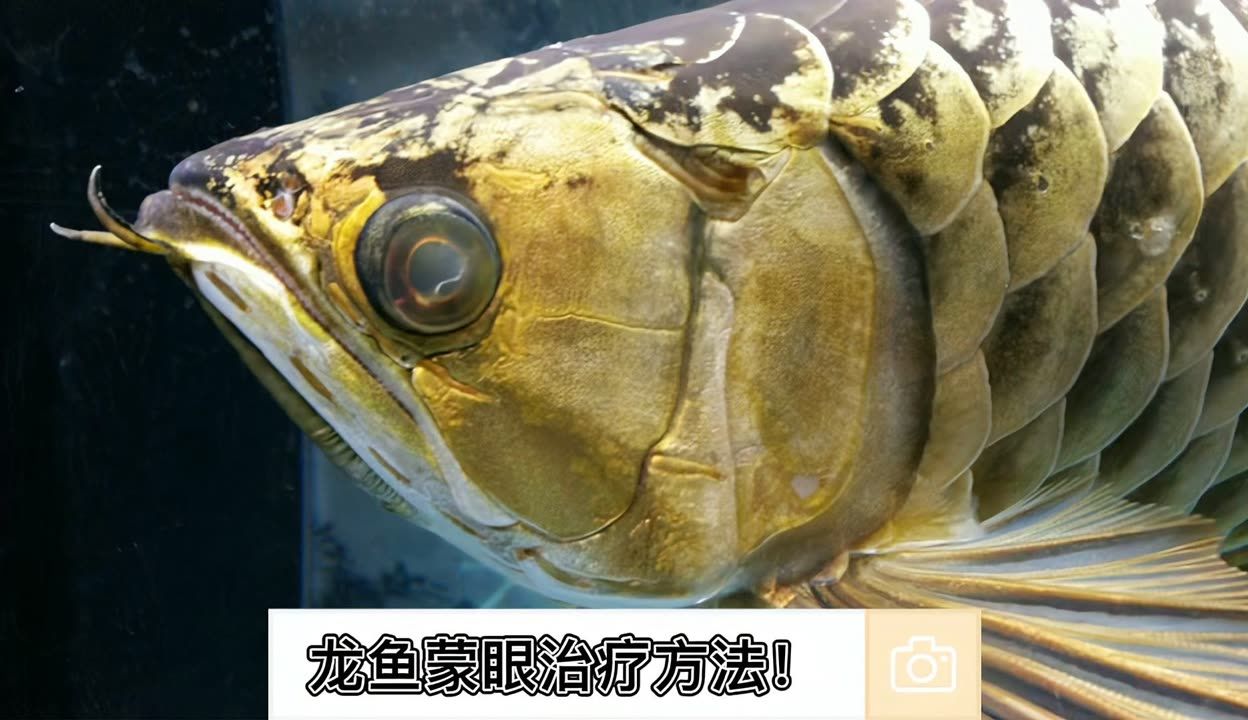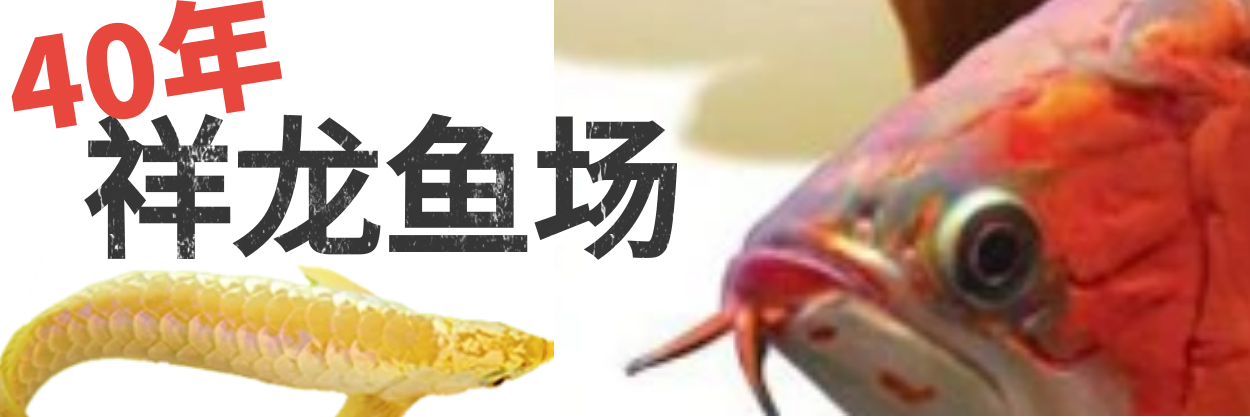龙鱼英文(adragonfishincaptivity)
,2、How do water parameters affect the health of a dragon fish?,3、Can dragon fish live with other species in the same tank?,4、What are the dietary requirements for maintaining a healthy dragon fish?,5、Are there any specific breeding conditions that need to be met for successful dragon fish reproduction?
1、What is the average lifespan of a dragon fish in captivity?
2、How do water parameters affect the health of a dragon fish?
3、Can dragon fish live with other species in the same tank?

4、What are the dietary requirements for maintaining a healthy dragon fish?
5、Are there any specific breeding conditions that need to be met for successful dragon fish reproduction?
Dragon fish, also known as Arowanas, are fascinating freshwater fish native to South America, Southeast Asia, and Africa. They are highly sought after by aquarists for their unique appearance and believed auspiciousness in some cultures. The average lifespan of a dragon fish in captivity can vary greatly depending on the quality of care provided, but it generally ranges from 10 to 15 years. Water parameters such as pH, temperature, and hardness must be closely monitored to ensure the fish's well-being, as they are sensitive to changes in their environment.
Regarding compatibility, dragon fish are typically aggressive and territorial, especially during breeding season, which makes it challenging to house them with other species. However, some hobbyists have successfully kept them with larger, peaceful fish that can withstand their company. Dietary requirements for dragon fish include a variety of foods such as pellets, frozen or live foods like prawns and worms, and occasionally vegetables like peas to provide essential nutrients.
Breeding dragon fish can be a complex process requiring specific conditions. It often involves mimicking the natural monsoon season through controlled water levels and temperatures. Breeders may also need to separate pairs during courtship to prevent aggressive behavior that could harm the female. Once spawning occurs, the eggs are typically collected and hatched in separate containers to protect them from being eaten.
In summary, owning a dragon fish requires dedication to maintaining optimal water conditions, understanding their dietary needs, and managing their aggressive tendencies. Successful breeding adds another layer of complexity but can be rewarding for experienced aquarists.





发表评论